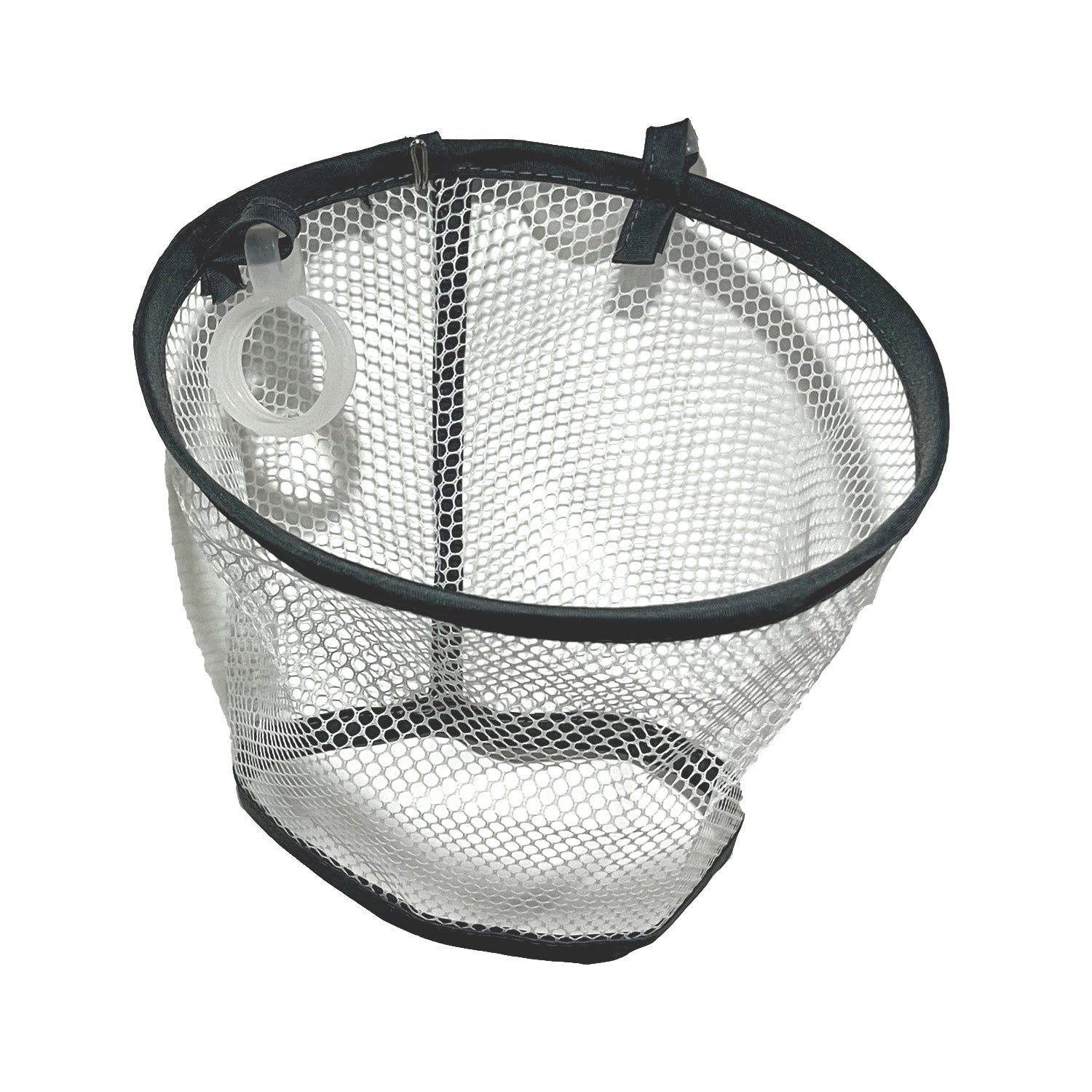Boosting Infant Physical Health: Key Factors and Strategies

Ensuring the physical health and well-being of infants is crucial for their proper growth and development. As a industry expert in pediatric health, this blog will delve into a specific aspect of infant physical health and explore effective strategies to enhance it. By incorporating supporting examples and data, we will provide valuable insights for parents, caregivers, and healthcare professionals alike.
Key Factor: Adequate Nutrition
Adequate nutrition forms the foundation for a healthy infant. Breastfeeding, for instance, offers numerous benefits such as essential nutrients, antibodies, and lower risk of infections and allergies. In fact, the World Health Organization recommends exclusive breastfeeding for the first six months of a baby's life. Supporting data suggests that breastfed babies have lower rates of respiratory infections (Lee et al., 2020).
Strategies:
1. Promote Breastfeeding: Encourage new mothers to initiate breastfeeding within the first hour of birth. Providing adequate education and support through lactation consultants or support groups can help overcome common challenges. Employers should also implement policies and facilities for breastfeeding mothers to express milk at the workplace.
2. Optimal Complementary Feeding: After the introduction of solid foods, it is essential to offer a balanced and varied diet to infants. Including fruits, vegetables, proteins, and whole grains provides vital micronutrients required for physical development. A study by Fewtrell et al. (2017) found that optimal complementary feeding improved children's growth and reduced the risk of overweight or underweight issues.
Key Factor: Sufficient Physical Activity
Regular physical activity is fundamental to enhance infant physical health. Engaging in age-appropriate exercises supports muscle development, coordination, and healthy weight management.
Strategies:
1. Encouraging Active Play: Parents and caregivers should create a stimulating environment that encourages active play. This can include providing toys that promote movement, setting aside dedicated playtime, and engaging in activities like crawling, rolling, or gentle exercises such as tummy time or stretching.
2. Limit Screen Time: Excessive screen time, including television and electronic devices, may hinder physical activity and negatively impact health. It is recommended to limit screen time and encourage more active play or outdoor activities instead.
Conclusion:
Promoting infant physical health requires a comprehensive approach, encompassing factors like adequate nutrition and sufficient physical activity. By understanding the importance of factors such as breastfeeding, optimal complementary feeding, active play, and limited screen time, parents and caregivers can contribute significantly to their child's growth and development. A well-nourished and physically active infant lays the foundation for a healthier future.
References:
1. Lee, M. J., et al. (2020). Breastfeeding, Respiratory Tract Viral Infections, and Antibiotic Use. Pediatrics, 146(5).
2. Fewtrell, M., et al. (2017). Complementary Feeding: A Position Paper by the European Society for Paediatric Gastroenterology, Hepatology, and Nutrition (ESPGHAN) Committee on Nutrition. Journal of Pediatric Gastroenterology and Nutrition, 64(1).
Key Factor: Adequate Nutrition
Adequate nutrition forms the foundation for a healthy infant. Breastfeeding, for instance, offers numerous benefits such as essential nutrients, antibodies, and lower risk of infections and allergies. In fact, the World Health Organization recommends exclusive breastfeeding for the first six months of a baby's life. Supporting data suggests that breastfed babies have lower rates of respiratory infections (Lee et al., 2020).
Strategies:
1. Promote Breastfeeding: Encourage new mothers to initiate breastfeeding within the first hour of birth. Providing adequate education and support through lactation consultants or support groups can help overcome common challenges. Employers should also implement policies and facilities for breastfeeding mothers to express milk at the workplace.
2. Optimal Complementary Feeding: After the introduction of solid foods, it is essential to offer a balanced and varied diet to infants. Including fruits, vegetables, proteins, and whole grains provides vital micronutrients required for physical development. A study by Fewtrell et al. (2017) found that optimal complementary feeding improved children's growth and reduced the risk of overweight or underweight issues.
Key Factor: Sufficient Physical Activity
Regular physical activity is fundamental to enhance infant physical health. Engaging in age-appropriate exercises supports muscle development, coordination, and healthy weight management.
Strategies:
1. Encouraging Active Play: Parents and caregivers should create a stimulating environment that encourages active play. This can include providing toys that promote movement, setting aside dedicated playtime, and engaging in activities like crawling, rolling, or gentle exercises such as tummy time or stretching.
2. Limit Screen Time: Excessive screen time, including television and electronic devices, may hinder physical activity and negatively impact health. It is recommended to limit screen time and encourage more active play or outdoor activities instead.
Conclusion:
Promoting infant physical health requires a comprehensive approach, encompassing factors like adequate nutrition and sufficient physical activity. By understanding the importance of factors such as breastfeeding, optimal complementary feeding, active play, and limited screen time, parents and caregivers can contribute significantly to their child's growth and development. A well-nourished and physically active infant lays the foundation for a healthier future.
References:
1. Lee, M. J., et al. (2020). Breastfeeding, Respiratory Tract Viral Infections, and Antibiotic Use. Pediatrics, 146(5).
2. Fewtrell, M., et al. (2017). Complementary Feeding: A Position Paper by the European Society for Paediatric Gastroenterology, Hepatology, and Nutrition (ESPGHAN) Committee on Nutrition. Journal of Pediatric Gastroenterology and Nutrition, 64(1).


























































































































































































































Leave a comment